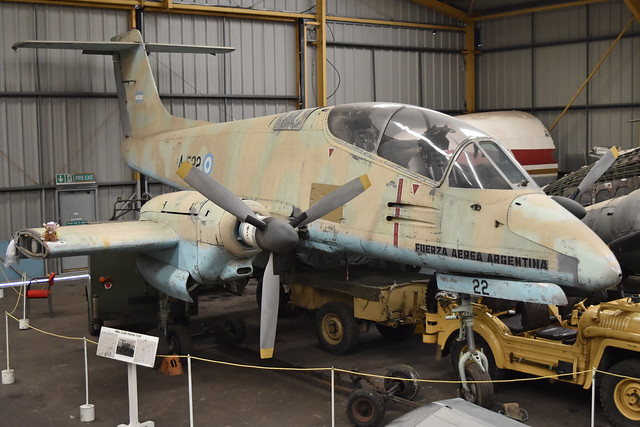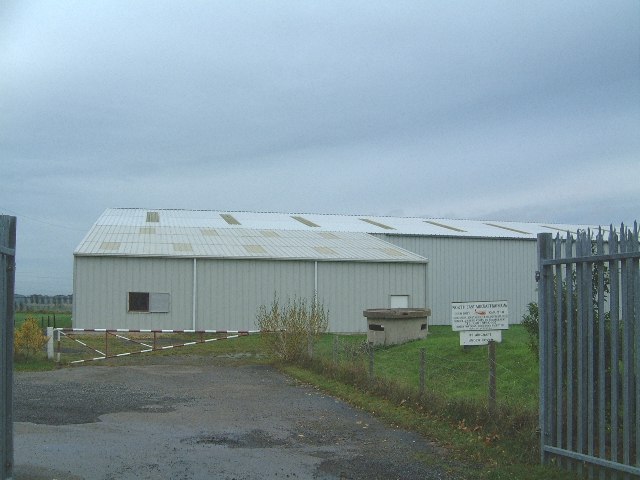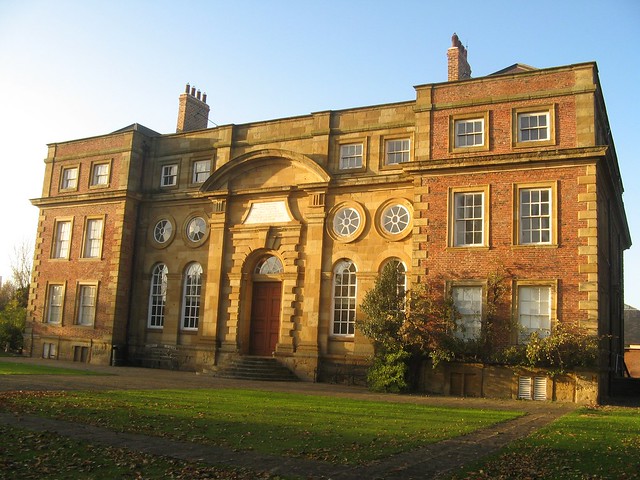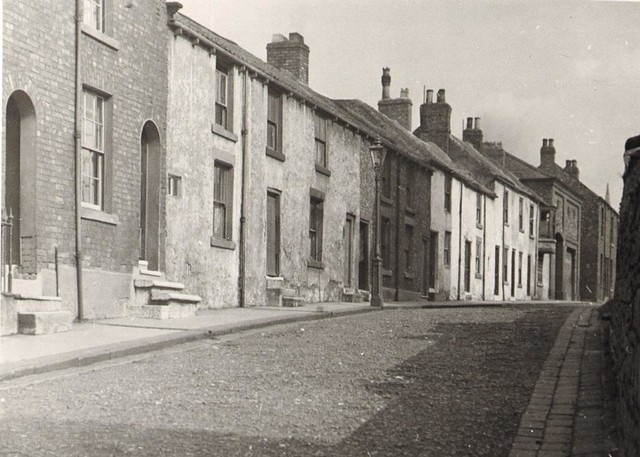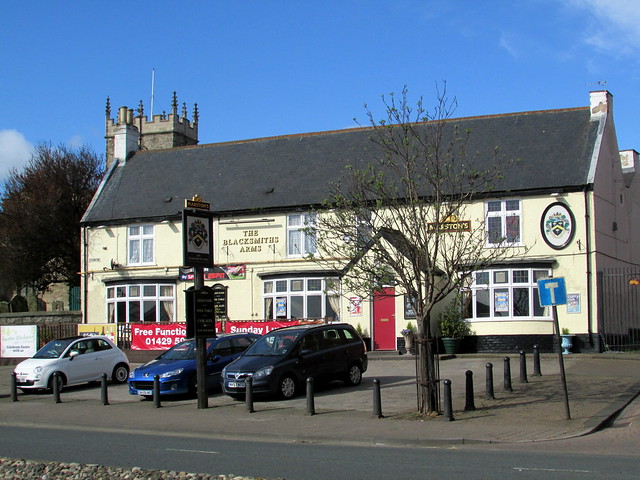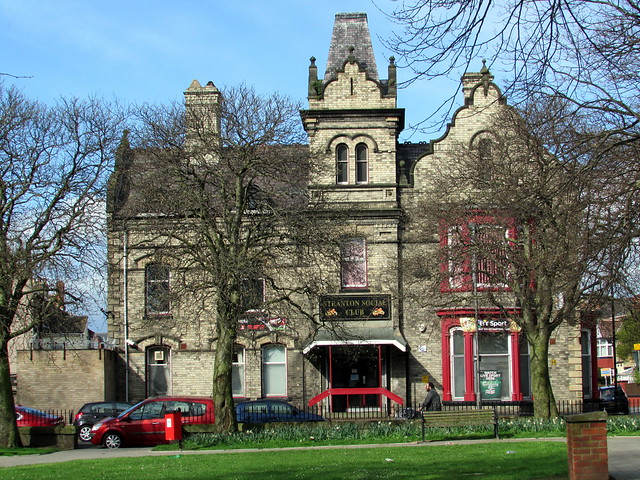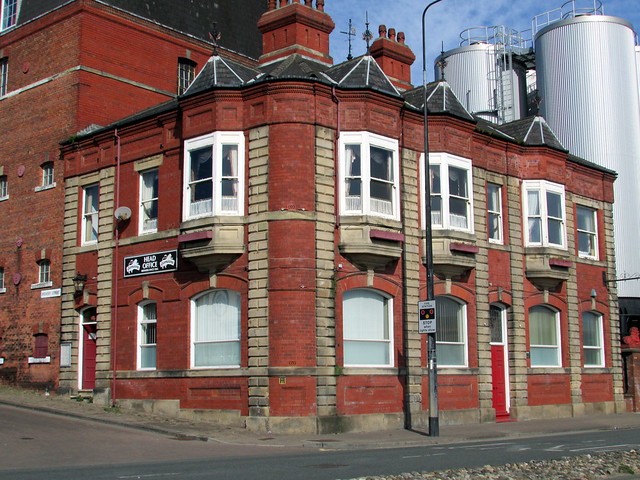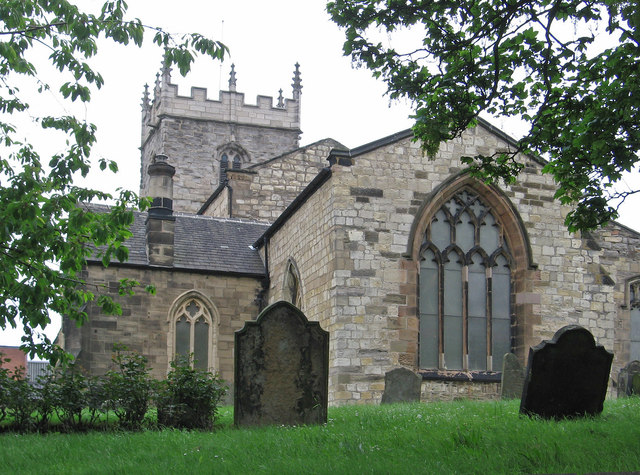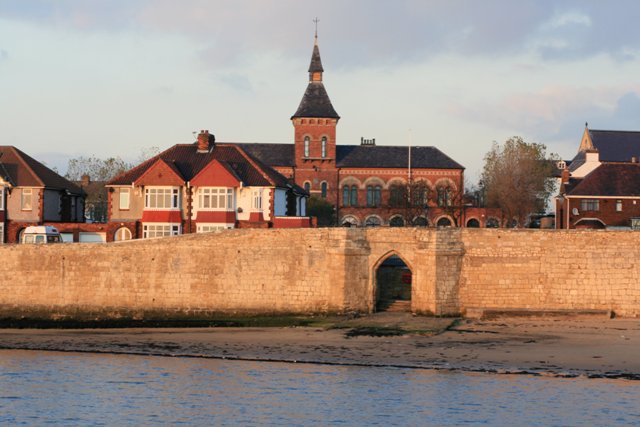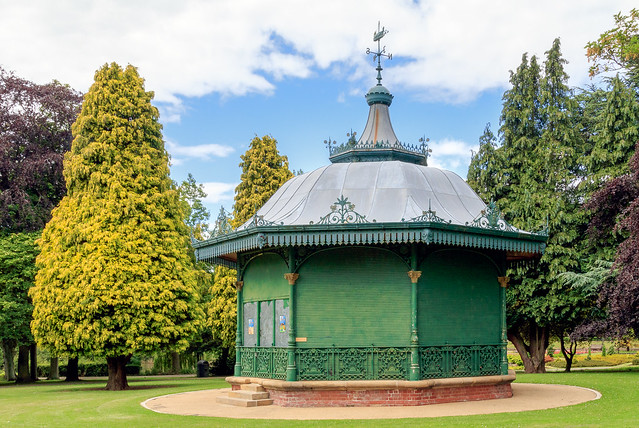FMA IA58 Pucará ‘A-522’

-
Description
c/n 022. On display at the North East Land, Sea & Air Museums (NELSAM), Sunderland, Tyne & Wear, UK. 11th September 2017 The following history for the type and for A-522 is from the very informative NELSAM website:- “In 1966 the design team at Fabrica Militair de Aviones (FMA) began development of an airframe designed for Counter insurgency (COIN) operations to quell rebel operations in various areas of Argentina. The aircraft was designed to sustain damage from small arms fire with the cockpit floor being covered in a layer of armour resistant material, a bullet proof windscreen, the ability to fly on one engine and flight controls in both cockpits in case of pilot incapacitation. The first prototype aircraft was actually a glider, but on 20th August 1969 a prototype with American Garrett engines flew for the first time. Because of shortage of money and facilities the first production aircraft did not reach the Argentinean Air Force until 1976. These production aircraft were fitted with French Turbomeca Astazou engines, American avionics, French or Belgian weaponry and a British Martin-Baker ejection seat. The aircraft was named Pucará after the ancient hilltop forts impregnable to direct assault. During 1976 a number of the aircraft were detached to the military aviation school at Cordoba, from here missions were mounted against rebel positions some 300 miles away near Tucaman. The aircraft acquitted itself very well in the environment however, it had never been intended that the aircraft would be pitted against the type of firepower it would find directed against it in the Falklands. It was therefore no great surprise that the aircraft suffered badly with many aircraft being destroyed on the ground or becoming grounded through component failure in the damp environment. The Pucara also serves with the Columbian, Sri Lanka and Uruguay Air Forces. A-522 was one of thirty five Pucarás on strength with the Argentinean Air Force Grupo 3 de Ataque, prior to the Falklands conflict, the aircraft had amassed some 761 hours. Pucará A-522 was one of twelve Pucara's positioned out to the islands around 15th May 1982 to replace aircraft lost earlier in the conflict. Based at Port Stanley airfield for the remainder of the war, the aircrafts operations are unknown due to the frequent un-serviceability and cannibalisation of airframes, with no more than two or three aircraft being airworthy at one time. After the surrender, the aircraft was found at Port Stanley airport in a relatively undamaged state. On 6th September 1982 the aircraft was airlifted by Chinook onto the 'Contender Bezant' in Port William and that day the ship sailed for the UK arriving at Southampton Docks on the 23rd of that month. A-522 was offloaded and moved by road to RAF Abingdon where it was allocated the maintenance serial 8768M in anticipation of it joining the RAF Museum store at St.Athan. Although the aircraft was moved by road to St.Athan on 25th October the maintenance serial was never applied and on 7th December the aircraft moved to the Fleet Air Arm Museum at Yeovilton. Later some spares were removed from the aircraft to service another captured Pucará which was being flown by the Aeroplane & Armament Experimental Establishment (A&AEE). Due to rationalisation of certain displays at the FAA Museum during 1994, the aircraft became available for loan and it was moved to NEAM during the summer of that year. -
Owner
Hawkeye UK -
Source
Flickr (Flickr) -
License
What does this mean? Attribution-ShareAlike License
-
Further information
Link: https://www.flickr.com/photos/65001151@N03/38777756545/
Resource type: Image
Added by: Simon Cotterill
Last modified: 7 years, 7 months ago
Viewed: 1836 times
Picture Taken: 2017-09-11T15:42:31 -
Co-Curate tags
